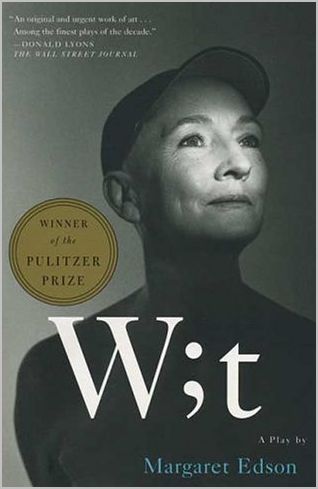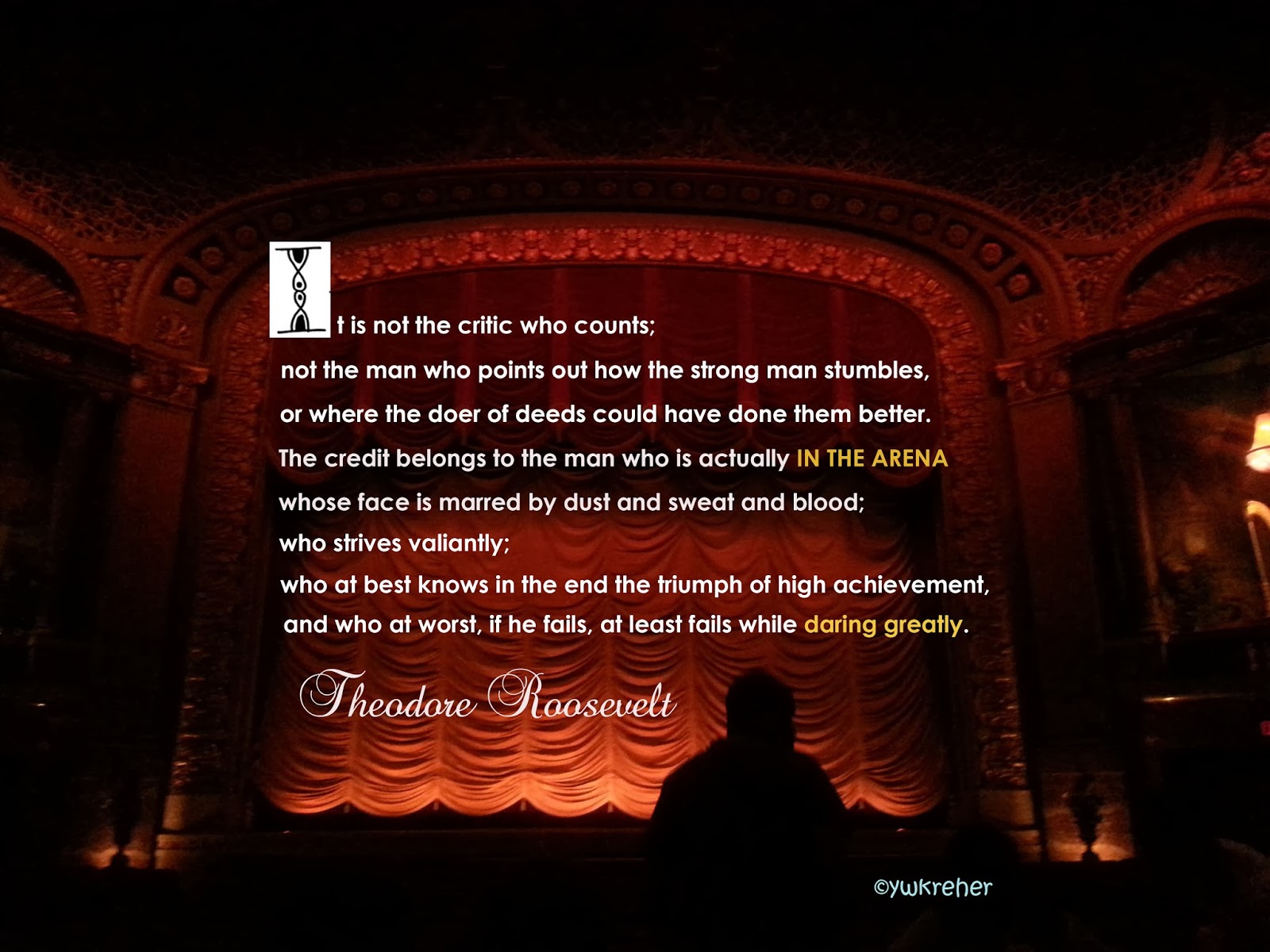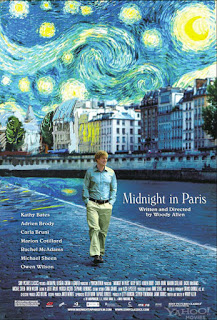Edson’s W;t
 I came across the Pulitzer-Prize-winning play enough in my readings to decide that it’s definitely on my readlist and maybe, watchlist. After some scouting around my vicinity, it was ferreted out. The book/play and DVD were both located within a five-mile radius. I started by watching the movie, egged on by Bob. My preference would be to read the play first. But time is of the essence with my research.
I came across the Pulitzer-Prize-winning play enough in my readings to decide that it’s definitely on my readlist and maybe, watchlist. After some scouting around my vicinity, it was ferreted out. The book/play and DVD were both located within a five-mile radius. I started by watching the movie, egged on by Bob. My preference would be to read the play first. But time is of the essence with my research.The movie with Emma Thompson in the lead as Dr. Vivian Bearing was pretty intense. Bob says it was “riveting”. Suffice to say, it held our attention because we could relate to moments in the movie where as patients, we were at the mercy of doctors. I want to believe that live theater would do it even greater justice. Also, I think some familiarity with John Donne’s metaphysical poetry would help.
Vivian is a professor of 17th century poetry who was told at age 50, that she had contracted stage 4 ovarian cancer. Harsh experimental chemotherapy treatment was used on her as a “research” patient, with her consent. Predictably, the movie shows her going through the humiliating process of losing her hair, getting nauseous, losing appetite, the intense pain from the ravages of cancer spreading in her body, to be alleviated somewhat only by morphine.
The movie focused on the doctor-patient relationship and depicts medicine as an institution of social control. Using a highly-educated English literature professor heightened the impersonal dehumanizing role medicine plays in stripping a person of her dignity, regardless of one’s intellect, saved at the last battle. When her heart stopped beating, the oncologist fellow, once her student, tried to resuscitate her with the tools of science. But advised in advance by her caring nurse, Vivian had opted for DNR, not to be resuscitated. The medical fellow realizes his mistake and Vivian is left to die, with her dignity intact, alas.
Published in 1999, it was probably an eye-opener then of how invasive and paternalistic medicine and medical providers can be, beginning in the mid-60s, when power abuse in medicine began to come under strong public criticism. However, Schei (2006) argues in his article, Doctoring as Leadership, that this need not be so. Power may be abused but it is this power that a patient relies on, more so during severe illnesses. Schei advocates a model where doctors wield leadership instead of authority. Doctoral leadership is “an improvised adaptation to the transforming processes of the situation” (p. 399). Improvisation implies potential for creativity. This concept is worth exploring for my study.
Schei, D. (2006). Doctoring as leadership. Perspectives in Biology and Medicine, 49(3), p. 393-406.
Image source: http://bit.ly/hjiUrK


